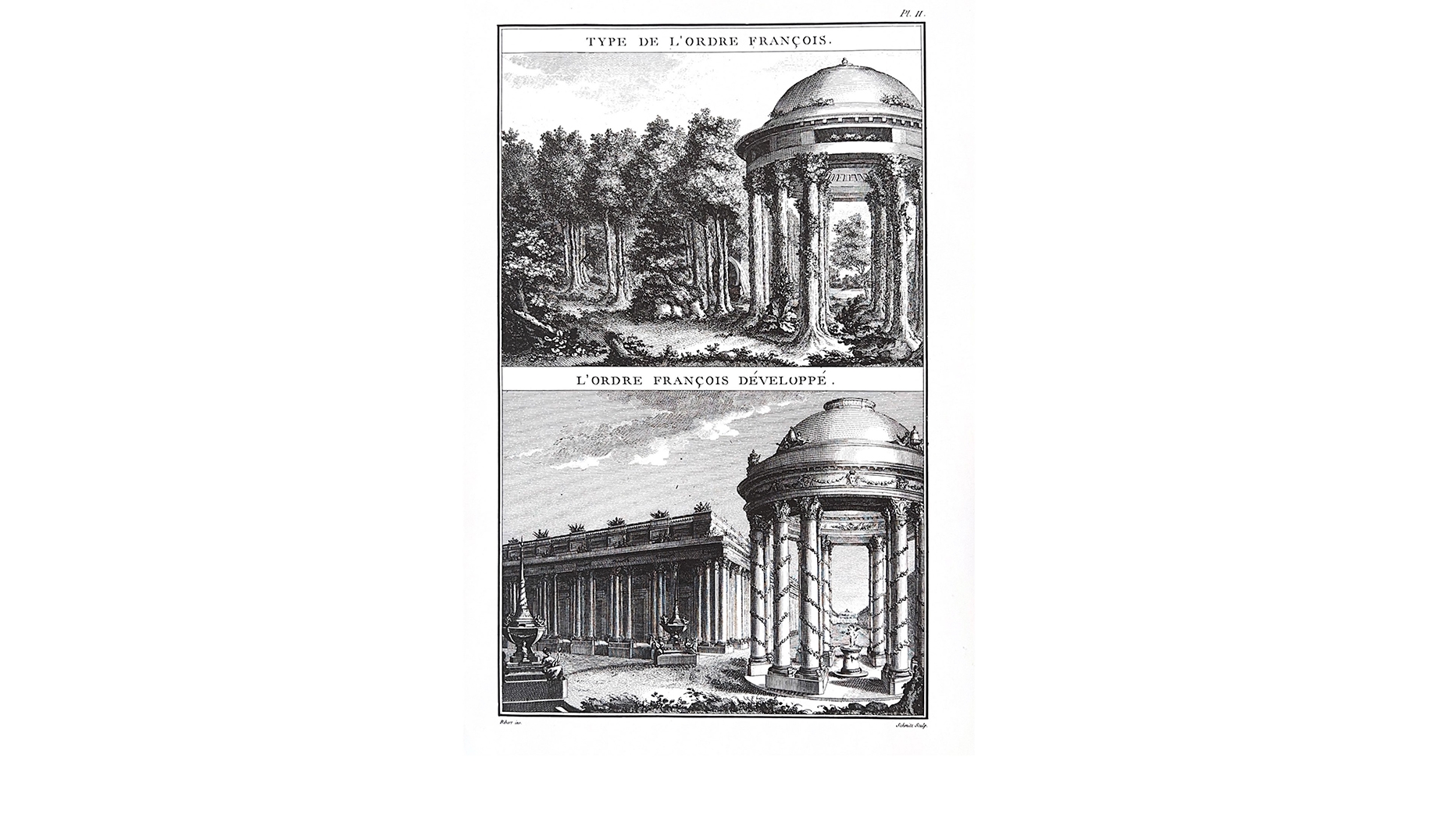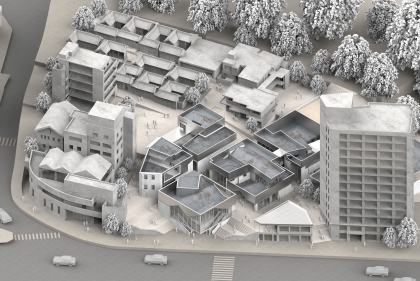From History to Posterity: The œuvres Complètes of Jacques-François Blondel and Claude-Nicolas Ledoux
Dr. Ramla Benaissa (Dissertation, 2002)

Ribart de Chamoust, L’ordre français trouvé dans la nature, présenté au roi, le 21 septembre 1776. Paris, Nyon, 1783. Plate II.

 Expand Image
Expand Image
